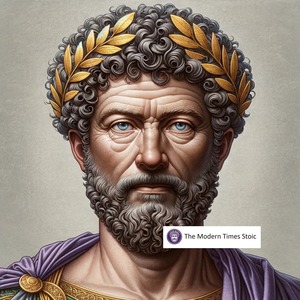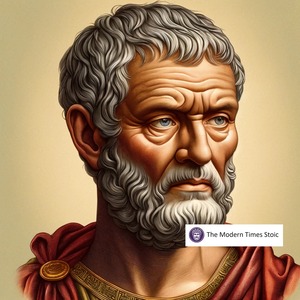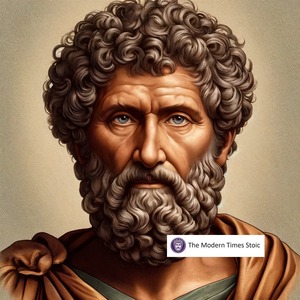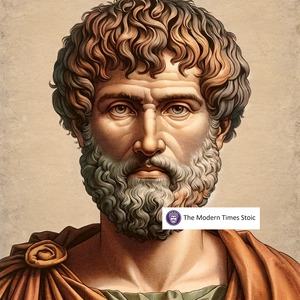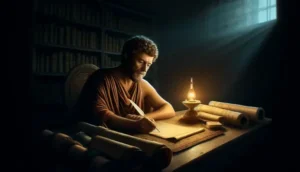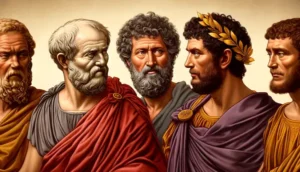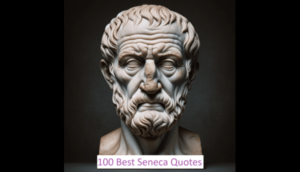If you ask most people why philosophy is important, they would give you answers like it improves your communication and analytical skills, teaches problem solving, or provides a great tool in the research process. These answers are true but most are in the realm of educational institutions. The Stoics approach to philosophy was never academic. Instead, Stoicism was developed more as a practical tool to help deal with negative emotions people mostly encounter in their daily lives such as anxiety, fear, anger, grief, sadness, etc. It improves one’s mental fortitude and overall happiness.
Here’s what the ancient Stoics say about the practical importance not only of Stoicism but of philosophy in general.
- “Philosophy neither rejects nor selects anyone; its light shines for all. Socrates was no aristocrat. Cleanthes worked at a well and served as a hired man watering a garden. Philosophy did not find Plato already a nobleman; it made him one” Seneca, Letter from a Stoic
- “Whether the truth, Lucilius, lies in one or in all of these views, we must be philosophers; whether Fate binds us down by an inexorable law, or whether God as arbiter of the universe has arranged everything, or whether Chance drives and tosses human affairs without method, philosophy ought to be our defence. She will encourage us to obey God cheerfully, but Fortune defiantly; she will teach us to follow God and endure Chance.” Seneca, Letter from a Stoic
- “What benefit, then, will that vaunted philosophy confer, whose praises we sing, and which, we are told, is to be preferred to every art and every possession? Assuredly, it will make you prefer to please yourself rather than the populace, it will make you weigh, and not merely count, men’s judgments, it will make you live without fear of gods or men, it will make you either overcome evils or end them” Seneca, Letter from a Stoic
- “Then what can guide us? Only philosophy. Which means making sure that the power within stays safe and free from assault, superior to pleasure and pain, doing nothing randomly or dishonestly and with imposture, not dependent on anyone else’s doing something or not doing it.” Marcus Aurelius, Meditations
- “Philosophy bestows this boon upon us; it makes us joyful in the very sight of death, strong and brave no matter in what state the body may be, cheerful and never failing though the body fail us” Seneca, Letter from a Stoic
- “Doctors keep their scalpels and other instruments handy, for emergencies. Keep your philosophy ready too—ready to understand heaven and earth. In everything you do, even the
smallest thing, remember the chain that links them. Nothing earthly succeeds by ignoring heaven, nothing heavenly by ignoring the earth.” Marcus Aurelius, Meditations
- “If you would enjoy real freedom, you must be the slave of Philosophy. The man who submits and surrenders himself to her is not kept waiting; he is emancipated on the spot. For the very service of Philosophy is freedom.” Seneca, Letter from a Stoic
- “Philosophy … moulds and constructs the soul; it orders our life, guides our conduct, shows us what we should do and what we should leave undone; it sits at the helm and directs our course as we waver amid uncertainties. Without it, no one can live fearlessly or in peace of mind. Countless things that happen every hour call for advice; and such advice is to be sought in philosophy” Seneca, Letter from a Stoic
- “Betake yourself therefore to philosophy if you would be safe, untroubled, happy, in fine, if you wish to be—and that is most important—free. There is no other way to attain this end.” Seneca, Letter from a Stoic
- “If there is any good in philosophy, it is this—that it never looks into pedigrees. All men, if traced back to their original source, spring from the gods.” Seneca, Letter from a Stoic
